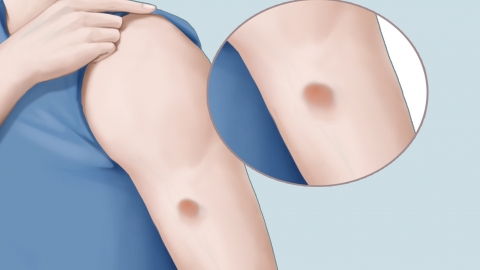Can AIDS be transmitted through mosquito bites?
Under normal circumstances, AIDS cannot be transmitted through mosquito bites. If discomfort symptoms appear, it is recommended to seek timely diagnosis and treatment at a regular hospital. The detailed explanation is as follows:

AIDS is caused by the human immunodeficiency virus (HIV), which requires specific conditions for transmission; HIV cannot be transmitted via mosquito bites. The HIV virus mainly exists in bodily fluids such as a patient's blood, semen, and vaginal secretions. Transmission occurs primarily through sexual contact, blood transfusion, and mother-to-child transmission. Infection only occurs when the virus enters the human circulatory system. When a mosquito feeds on blood, it first injects saliva containing anticoagulant components, then sucks the blood. Afterward, the mosquito digests or excretes the blood—it does not inject the previous host's blood into the next individual. Moreover, the amount of residual blood left in the mosquito's mouthparts is extremely small, far below the dose required for HIV transmission. Additionally, HIV cannot replicate or survive for long inside a mosquito's body and will be destroyed by the mosquito's digestive system, losing its infectious activity.
It is still important to take mosquito prevention measures in daily life to prevent other mosquito-borne infectious diseases such as malaria, dengue fever, and Japanese encephalitis. When traveling to epidemic areas such as malaria-endemic regions, individuals can proactively learn about local disease prevalence and prepare mosquito prevention supplies, such as mosquito nets and insect repellents. Keeping the living environment clean and promptly removing standing water will help reduce mosquito breeding grounds.









